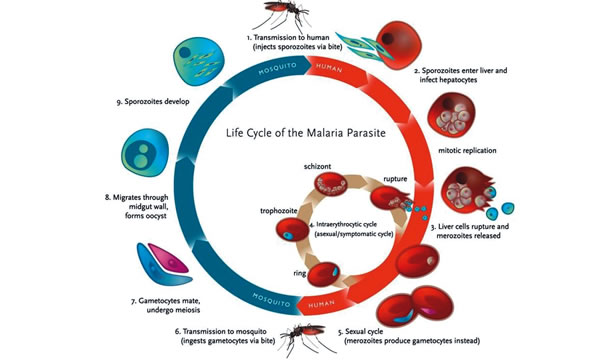
Aribodor called on the government at all levels to declare the treatment of malaria free for children in all public health facilities in the country.
The public health expert stated these in Awka on Monday as parts of activities marking this year’s World Malaria Day which takes place on April 25.
Aribodor, who is also the founder of Malaria Eradication and Safe Health Initiative of Nigeria and the South-East Zonal Coordinator of the Civil Society Network in Malaria Control, Immunization and Nutrition, said there was a need not only to control the spread of malaria infections but to also eradicate it completely because it has resulted in many preventable deaths.
He said, “The essence is to ensure that children who are the most allergic to the infection are diagnosed and treated without any costs as most poor families have resorted to concoctions for treatment of the disease resulting in high rate of kidney failures.
“The people in the villages do not have money to treat their children. They resort to herbal concoctions which contribute to kidney problems among children because some of those herbal concoctions are not regulated.
“The more you give them, the more the kidney suffers. There is an epidemic of kidney problems among children these days. So government should help these poor families by ensuring that the primary health care centres are working and the drugs are there and they are heavily subsidised.”
According to him, the lack of political will on the part of the government is the major setback in the fight against malaria, adding that only foreign agencies like the UKAID, Global Fund and some others, have become the major financiers of malaria control in Nigeria.
He said Algeria where malaria was discovered in the 17th century has successfully eliminated the disease in the year 2020 through domestic funding; that they didn’t wait for foreigners.
Aribodor noted that according to World Malaria Report of 2022, Nigeria has the highest burden of malaria followed by the Democratic Republic of Congo.
According to him, the ailment is prevalent amongst under-five children and pregnant women, especially those in their first pregnancies.
Using Anambra State as a case study, he said Malaria Consortium distributed over three million mosquito nets across the state in 2022, but the nets couldn’t go around because the population figure used for the distribution was not accurate.
Aribodor revealed that the distribution of mosquito nets last year was the first in about seven years and that the seven years took place in 2012 and 2015.
He said, “Anambra is not doing well in malaria control because judging from what we have had in the last eight years, malaria control is nothing to write home about.”
He explained that one anti-malaria drug today costs between N2,000 and N2,500 for a dose. Buying one good mosquito net will cost about N2,500 or N3000. The question now is, how many people can afford it in Anambra state, he asked.
“Anambra Government should borrow what Algeria did and subsidize malaria drugs heavily and ensure people get it from the health facilities.
“We interviewed people in the communities and they told us that their greatest health challenge is malaria,” he revealed.





